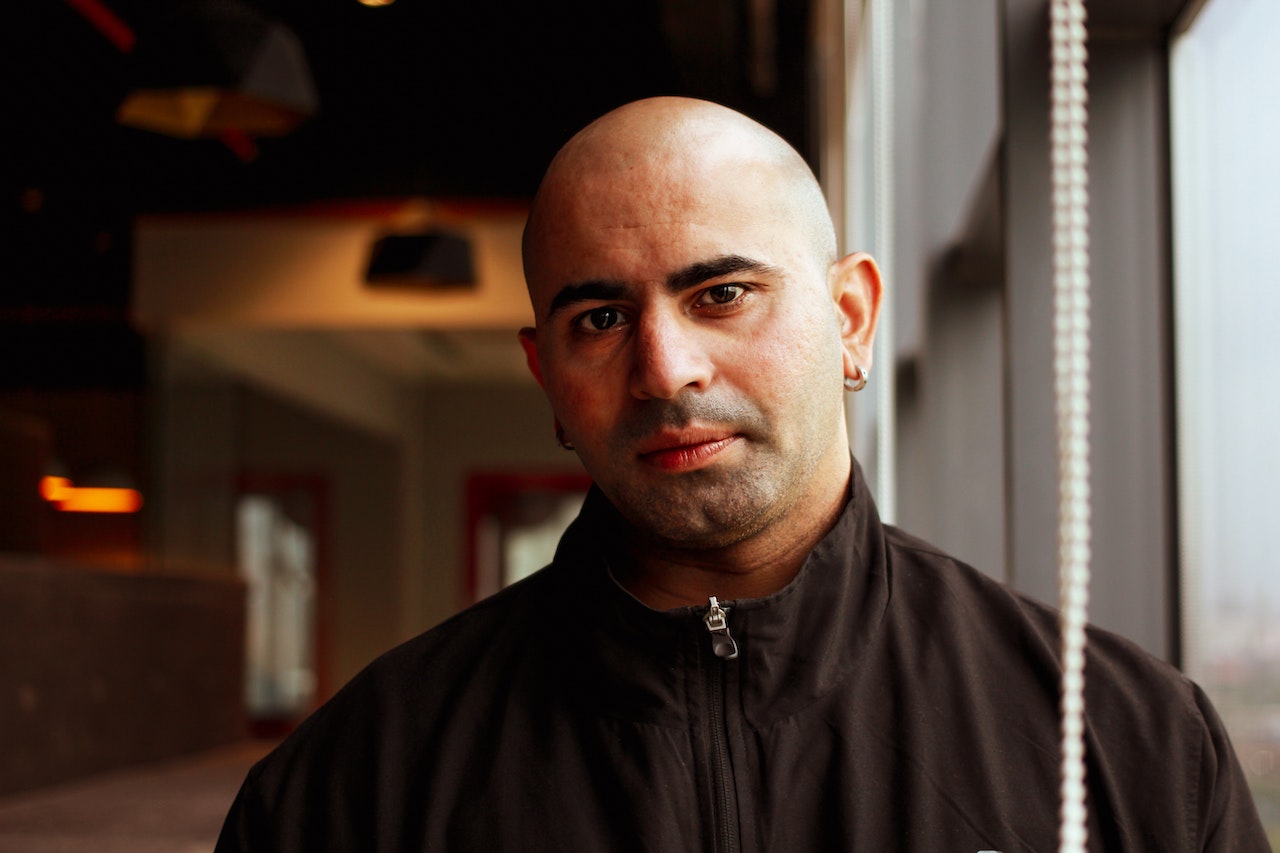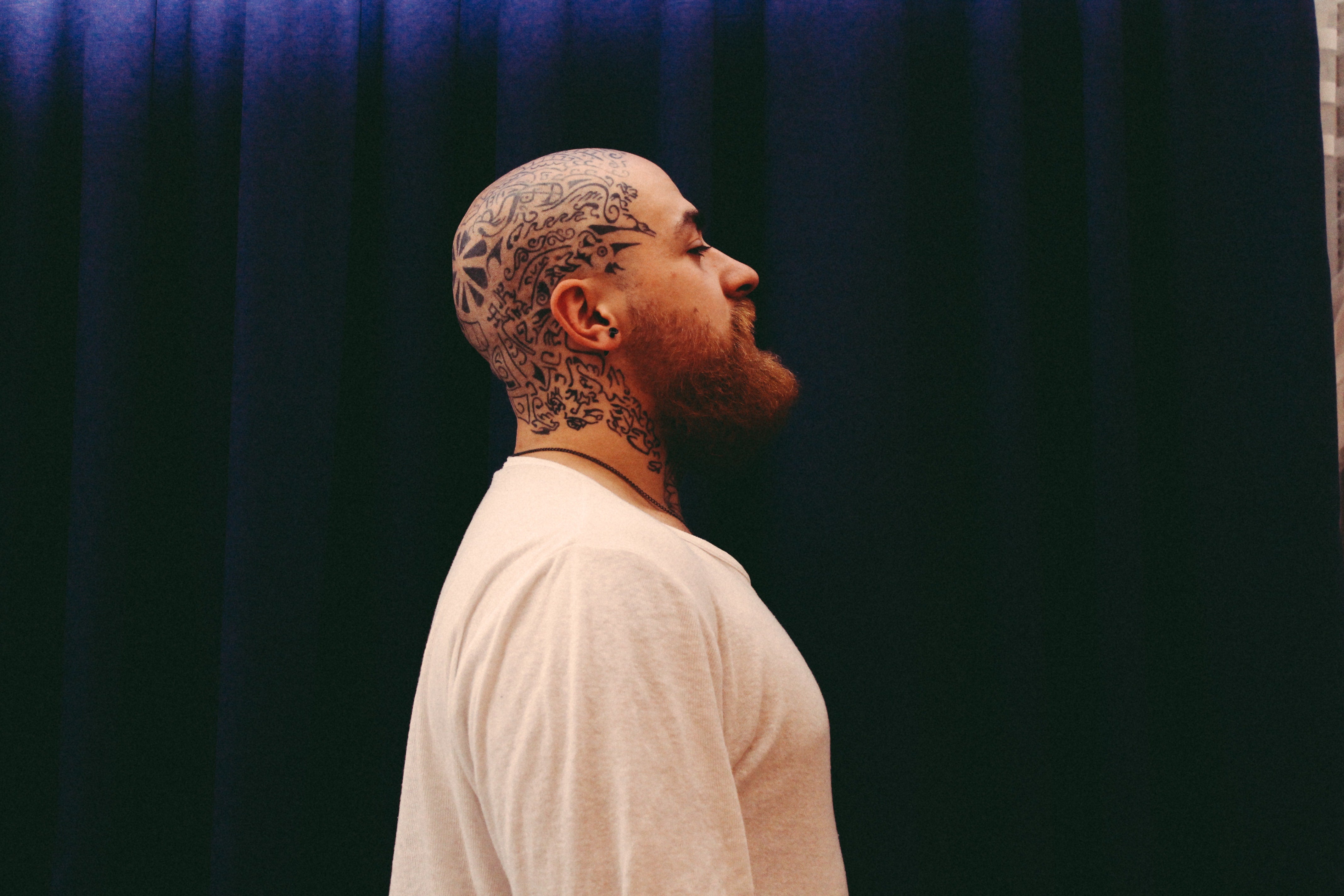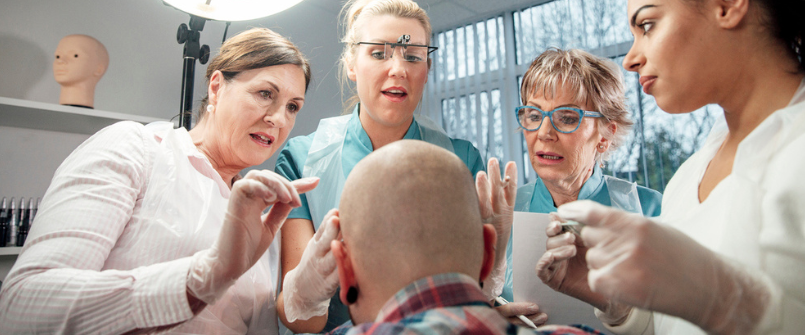
How hair loss affects mental health?
How hair loss affects mental health?
Hair loss is a condition that can lead to feelings of insecurity and low self-esteem. It can also be a symptom of underlying medical conditions, such as alopecia or thyroid problems. If you're experiencing hair loss, it's important to see your doctor to rule out any underlying health issues. In the meantime, here are some ways to cope with the psychological effects of hair loss.The physical effects of hair loss can take a toll on a person's self-esteem and confidence.
Appearance is important to how we see ourselves and how others see us. When we experience hair loss, not only is there a change in our appearance, but also a change in how we feel about ourselves. For many people, hair is an important part of their identity and losing it can lead to feelings of insecurity and low self-esteem. We may start to avoid social situations or feel less confident in our ability to interact with others. Fortunately, there are resources available that can help restore confidence and self-esteem. With the right support, hair loss need not be a life-changing event.
Hair loss can trigger anxiety and depression
Hair loss can be a highly emotional experience, leading to feelings of sadness, anxiety, and even depression. For many people, hair is an important part of their identity, and losing it can be a major source of insecurity. In a society that often places a high value on appearances, hair loss can also be seen as a sign of ageing or illness, which can trigger negative perceptions about one's self-worth. Furthermore, hair loss can be a physical reminder of major life changes such as divorce, menopause, or cancer treatment. The loss of control over one's appearance can compound the stress and anxiety that many people feel during these already challenging times. By seeking professional help and support, however, individuals can overcome these mental health challenges and learn to accept the changes in their appearance.
Losing your hair can lead to isolation and withdrawing
Hair loss can be a deeply isolating experience. When you lose your hair, you feel as though you are losing a part of yourself. You may become self-conscious and start to avoid social interactions and relationships. Your hair loss may cause you to withdraw from activities that you once enjoyed. You may stop participating in sports or going out with friends. You may feel as though you are no longer attractive or desirable. This can lead to further isolation and social withdrawal. The isolation that hair loss sometimes results in can be particularly damaging because it prevents people from seeking the support of family and friends.
Dealing with hair loss can be frustrating and overwhelming
Hair loss can be a frustrating and overwhelming experience. It can be difficult to cope with the physical and emotional changes that hair loss brings. You may feel as though you have lost control over your appearance and your life. Hair loss can also lead to ''hairism''. ''Hairism'' is discrimination against people based on their hair type or style. This can manifest in the workplace, in social situations, or in relationships. People with hair loss may feel as though they are not being treated fairly or equally because of their appearance. Additionally, when a person realizes that there is no cure for hair loss, they may feel hopeless and helpless. Dealing with hair loss can certainly be a challenge, but there are resources available to help you cope with the changes. With the right support, you can learn to accept the changes in your appearance and find ways to move forward.
What can be done to help people who are struggling with hair loss and its associated psychological effects?
Despite being a common condition, affecting both men and women of all ages, talking about hair loss can be difficult. The reason for this comes undoubtfully from the fact that there is still a lot of prejudice about hair loss, as well as misconceptions about people's appearances. Talking to someone you trust, can help you deal with negative feelings. It can be helpful to share your experiences with someone who understands what you're going through.
if hair loss brings about negative feelings, it's important to find an activity that makes you feel good. Doing things that make you happy can boost your mood and confidence, and help you realize that you don't have to renounce your usual activities.
There are also many support groups available for people struggling with hair loss. These groups provide a safe and understanding environment where people can share their experiences and offer support to one another. There are also online forums and chatrooms available, which can be a great way to connect with others who are going through the same thing.
Seek professional help if you are struggling to cope with hair loss. Talking to a therapist or counselor can be helpful and provide you with support and guidance as you navigate this challenging time.
Conclusion
Hair loss can have a significant impact on mental health. It can lead to isolation, frustration, and low self-esteem. However, with the right support, people can overcome these challenges. There are many resources available to help people cope with hair loss. With the right support, people can learn to accept the changes in their appearance and find ways to move forward. And don't forget we are here to support you!

